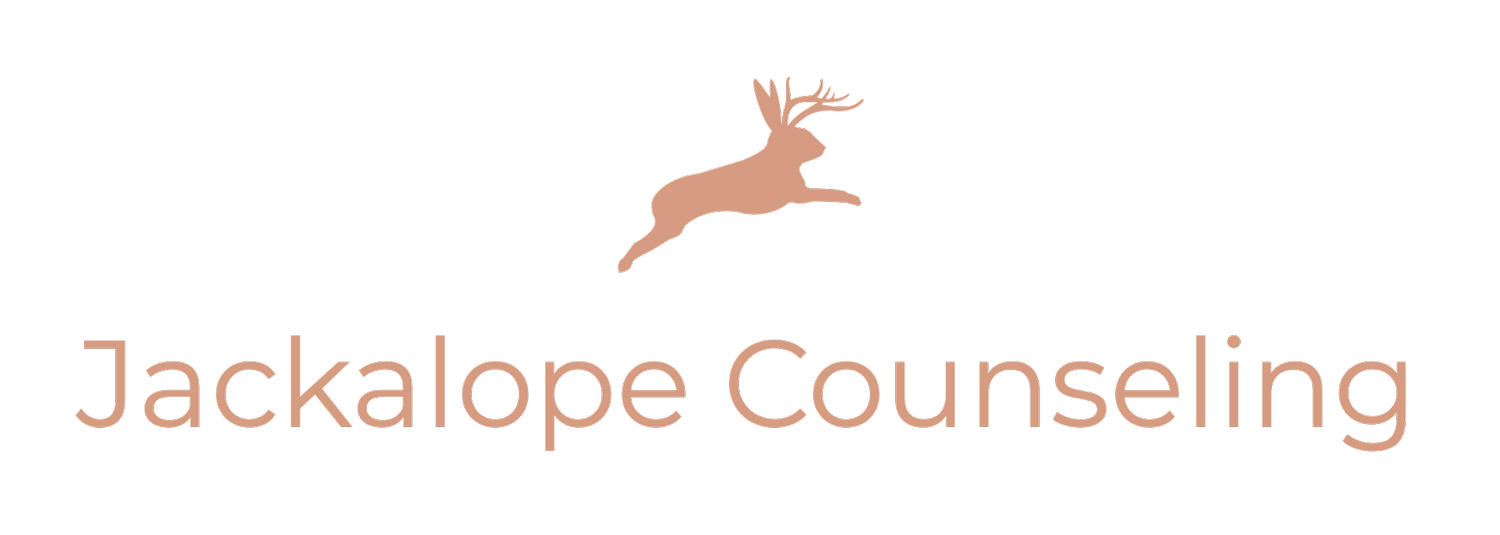My Philosophy and Therapeutic Approach
I believe everyone deserves access to quality health care. I work to ensure people from all backgrounds can receive therapy and do my best to create an environment where they feel comfortable to explore the problem(s) bringing them to therapy. Clients are encouraged to hold me accountable by voicing concerns as they arise. This process should be collaborative!
While I am trained in various therapeutic modalities, my therapeutic stance is grounded in the Narrative Therapy worldview. Narrative Therapy is a nonjudgmental approach that centers people as the experts in their own experiences. As a narrative therapist, I view problems as problems, not people. Furthermore, I believe stories are the primary way we organize, interpret and make meaning of our lived experiences.
Through a process called externalization, the people I work with are able to deconstruct shame-based experiences that once felt out of reach. Social work researcher and academic Brené Brown suggests shame thrives in “secrecy, silence and judgment.” I’ve found this to hold true in my work as a therapist. Once people can separate their shame from their sense of self, they can start to imagine new possibilities.
My Services
I provide individual therapy to adults experiencing a range of difficulties related to their internal and external environments. I also offer clinical supervision for unlicensed social workers seeking clinical licensure.
FAQs
How many sessions will I need?
I don’t know. People are unique, and we all move at different paces and have different needs. Some people find it helpful to continue sessions even after they’ve developed new perspectives on the problem that originally brought them to therapy.
What does a typical session look like?
I ask questions to guide story development, not to drive it. This process is known as co-authorship, and is more collaborative in nature than other therapeutic practices. You will not be alone in this process - I will walk along side you every step of the way. I believe that you are the expert in your own experiences, and therefore you are in the driver’s seat.
Do you take insurance?
Yes, I accept most major insurances. Contact me for a free consultation and we will discuss your specific needs when it comes to billing and insurance.
Do you offer in-person sessions?
Not at this time, but please let me know if this is something you’re interested in. My decisions regarding my availability are based on the needs of my clientele.
Do you have weekend and evening availability?
Yes! I believe therapy should be accessible, and that means I offer hours that meet the needs of working people.
What if I don’t know what the problem is?
That’s okay! Most people I see have an idea of what is bringing them to therapy, but they can’t quite put it into words. Part of the therapeutic process is to explore the history and nature of the problem. Once that happens rich story development is possible.
No results found
“Every time we ask a question, we’re generating a possible version of a life. ”
— David Epston
Contact me
Interested in working together? Fill out some info and I will be in touch shortly. I can’t wait to hear from you!


